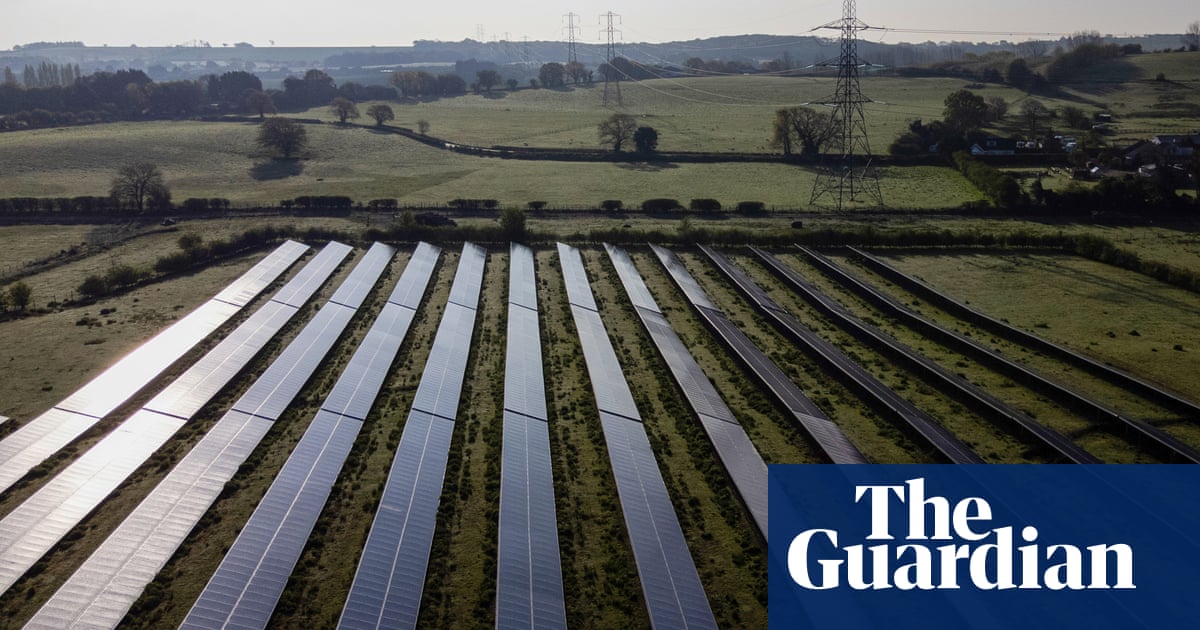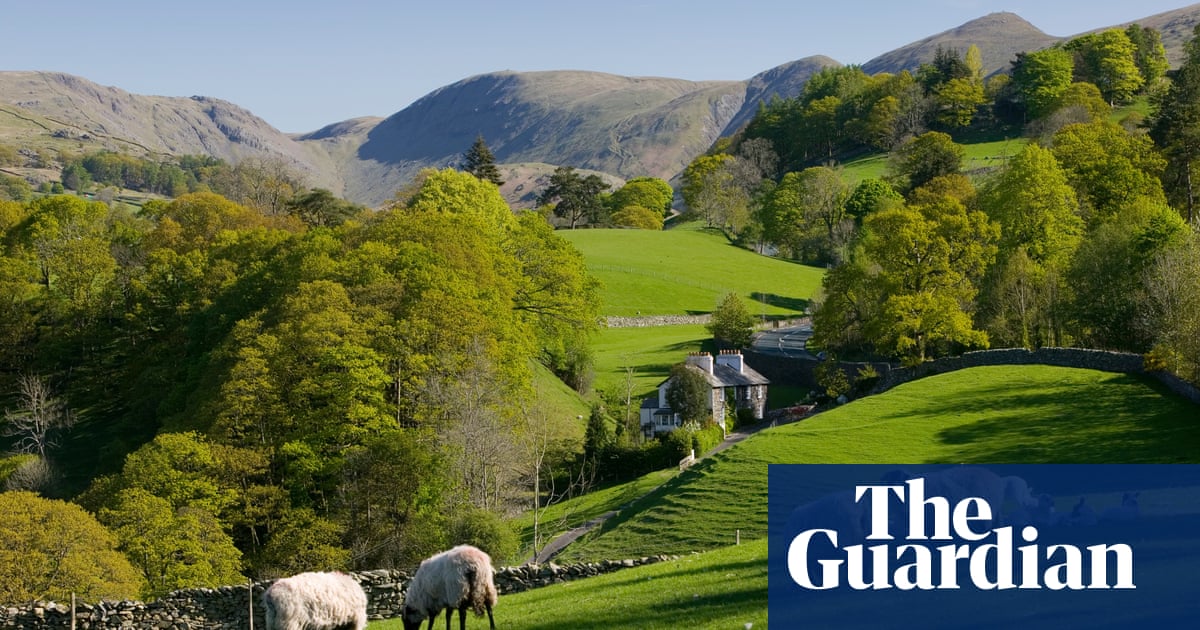Journalists refused entry to Azerbaijan energy conference ahead of Cop29 | Azerbaijan

Western journalists were refused entry to an energy industry conference in Azerbaijan earlier this month, reigniting concerns over the state’s crackdown on the media ahead of crucial UN climate talks in Baku later this year.
At least three journalists from the UK and France have told the Guardian that they felt “unsafe” after they were denied entry to the Baku Energy Week forum, despite registering with the event organisers weeks in advance.
The journalists said they were not given a valid reason why they had been turned away, but they chose to leave the venue after “frightening” and “intimidating” encounters with the organisers.
The conference was held shortly before research by Human Rights Watch revealed at least 25 instances of the arrest or sentencing of journalists and activists in Azerbaijan over the past year, almost all of whom remain in custody.
Campaigners and civil society groups have raised concerns that climate advocacy is being stifled ahead of the UN Cop29 climate talks that will take place in Baku later this year.
Lawrence Walker and Christopher Eales, both senior investigative journalists at Montel News, an energy newswire, told the Guardian that they were turned away from the Baku Energy Week conference and an exhibition venue despite confirming their registration with the event organisers in mid-May.
Another UK-based journalist, who has written critically about the Azerbaijan government in the past and has asked not to be identified, was also denied access to the events despite receiving accreditation weeks ahead of the event.
The journalists left the venue after overhearing an organiser say “take them away” in Russian while on the phone. They said they believed that this was a call to the venue’s security personnel.
“When you’re in a country with no press freedom, where local journalists are jailed, you don’t mess around,” Eales said.
A spokesperson for events company Caspian Event Organisers said a “fundamental misunderstanding” had meant the journalists had been accredited for the exhibition but not for the forum.
The journalists’ email correspondence, seen by the Guardian, requested access to both events, which were held at different venues in Baku.
The spokesperson added that the journalists were later turned away from the exhibition too after the conference organisers told officials at the venue to “look out for these journalists and make sure they don’t get into the exhibition”.
The organiser had “felt very insulted to have to spent so much energy” on “three very insistent foreign journalists” at the conference venue, the spokesperson said. He admitted that response was “not very professional”, and blamed the “very intense” period of the event.
Media accreditation for Cop29 will be carried out through the UN climate change secretariat, and prospective reporters will register online. The Cop29 organisers did not respond to a request for comment.
Baku Energy Week was opened by Azerbaijan’s president, Ilham Aliyev, followed by a two-day forum sponsored by BP, France’s TotalEnergies and German energy form Uniper, and included bosses from Azerbaijan’s state oil and gas firm Socar as well as other western energy firms.
Richard Sverrisson, editor-in-chief of Montel News, said it was “deeply worrying” for press freedom and for the forthcoming Cop29 talks for journalists to be “intimidated and obstructed for simply doing their jobs”.
“I am relieved they got home safe and sound. I only hope other journalists are not treated like this again for simply trying to report on an international conference to which they had accreditation,” Sverrisson added.
Mai Rosner, a senior campaigner at the climate advocacy group Global Witness, said: “Free press and civil society are critical in the fight against climate breakdown. Azerbaijan is attempting to silence both – demonstrated most dramatically by the beating and imprisonment of Gubad Ibadoghlu, a prominent critic of the Azeri fossil fuel industry. Authoritarian petrostates cannot be in charge of climate negotiations.”
The Azerbaijan government was approached for comment.
Source link




